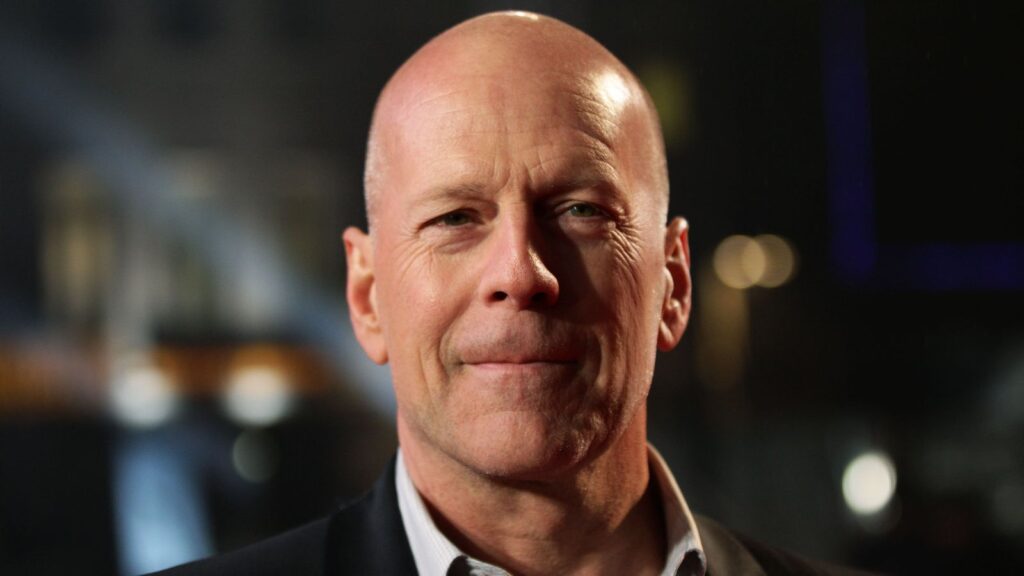Summary
According to Willis’ family, he was recently “diagnosed with aphasia, which impairs his cognitive abilities.”
According to Willis’ family, he was recently “diagnosed with aphasia, which impairs his cognitive abilities.”
Aphasia is most frequently caused by brain damage caused by a stroke. Additionally, it can occur as a result of a concussion, a brain tumour, an infection, or a degenerative disease such as Alzheimer’s.
Willis’ family did not provide additional information regarding the cause of his aphasia.
Willis, an Emmy Award winner and star of blockbusters such as “Die Hard” and “The Sixth Sense,” turned 67 this month.
What is the cause of aphasia?
According to the National Institutes of Health, aphasia is caused by damage to one or more areas of the brain associated with language.
Aphasia frequently occurs as a result of a head injury or stroke, which disrupts blood flow to areas of the brain associated with speech, according to Dr. Adam Boxer, a neurology professor at the University of California, San Francisco.
At other times, Boxer explained, aphasia can develop gradually as a brain tumour, neurological disease, or infection grows.
“A lot of people develop aphasia in a very gradual and insidious manner,” Boxer explained.
What are the symptoms of aphasia?
Aphasia’s symptoms and severity vary. According to the National Aphasia Association, the condition can “make communication with the patient nearly impossible” in the most severe cases.
When aphasia is mild, it may affect only one aspect of language use. A person with mild aphasia, for example, may struggle to recall the names of objects or to read or put words together in clear sentences.
Because the majority of people experience mild memory loss as they age, mild aphasia can be difficult to diagnose: “Is it simply ageing, or is it something else?” Boxer said.
Is aphasia a treatable condition?
Boxer stated that certain types of aphasia can be treated and reversed if the underlying cause is identified early.
A stroke patient with aphasia may regain the ability to communicate, Boxer said. However, the National Aphasia Association stated that complete recovery is unlikely two to three months after a stroke.
Nonetheless, the organisation noted that “some individuals continue to improve over years, if not decades.”
However, Boxer noted that with slower aphasias, doctors typically begin with a brain scan to rule out the possibility of a tumour pressing on the speech section of the brain or another neurological cause.
Boxer stated that a neurologist will focus on “what we can fix,” such as a vitamin B-12 deficiency or thyroid imbalance that may be causing the condition.
After determining and treating the underlying cause, the patient works with a speech therapist to reclaim as much speech as possible.
If a person has primary progressive aphasia, or PPA, the loss of speech is caused by “brain tissue deterioration” caused by Alzheimer’s or dementia, and “other problems associated with the underlying disease, such as memory loss, frequently occur later,” the National Aphasia Association said.
